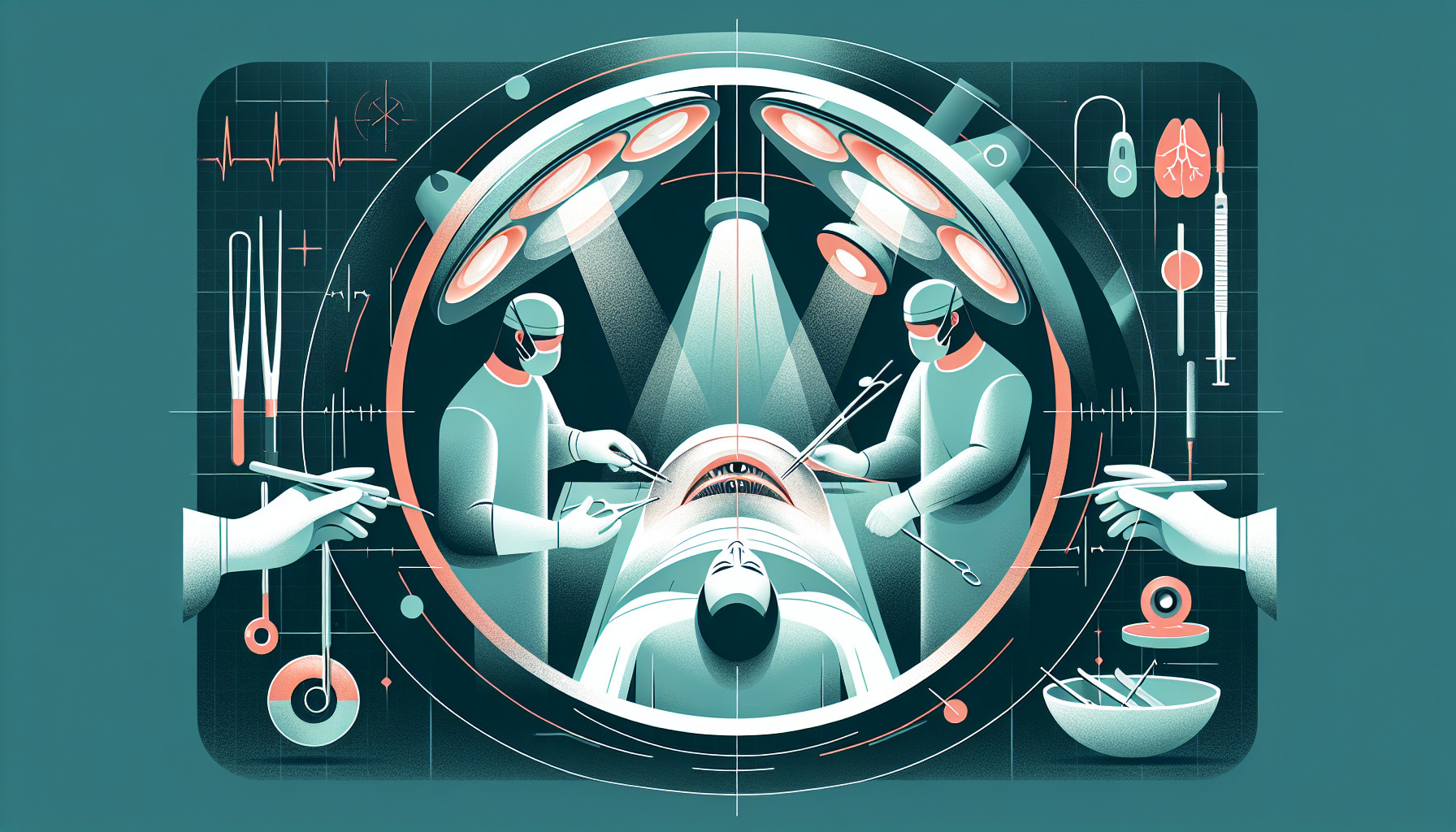Our Summary
This study looks at the outcomes of patients who had surgery to remove cataracts in both eyes at the same time during the COVID-19 pandemic. The researchers found that this type of surgery, known as immediate sequential bilateral cataract surgery (ISBCS), was safe and effective.
Between September 2021 and January 2022, 103 patients had this surgery. There were very few complications during the operations, and none of these patients had issues like swelling of the cornea or infections after their surgeries. The surgery also corrected patients’ vision effectively.
One month after their operations, patients filled out a satisfaction survey. Almost all of the patients (96.1%) said that they would still choose to have both eyes operated on the same day.
The researchers concluded that ISBCS is a good option during a pandemic because it reduces the number of hospital visits. This is especially beneficial for elderly patients and those with other health conditions. The low rate of complications, successful vision correction, and high patient satisfaction make ISBCS a reasonable choice during a pandemic.
FAQs
- What is immediate sequential bilateral cataract surgery (ISBCS) and why was it studied during the COVID-19 pandemic?
- What were the findings of the study regarding the safety and effectiveness of ISBCS?
- Why is ISBCS considered a good option for patients during a pandemic?
Doctor’s Tip
A helpful tip a doctor might tell a patient about cataract surgery is to follow all pre-operative instructions provided by the medical team, such as avoiding eating or drinking before surgery, and to have someone available to drive them home after the procedure. It is also important to attend all post-operative appointments and follow the doctor’s instructions for aftercare to ensure a successful recovery.
Suitable For
Patients who are typically recommended cataract surgery include those with significant vision impairment due to cataracts, difficulty performing daily activities such as driving or reading, and those experiencing glare or halos around lights. Other factors that may indicate the need for cataract surgery include the presence of other eye conditions such as glaucoma or diabetic retinopathy, as well as the desire to improve overall quality of life and visual acuity. Ultimately, the decision to undergo cataract surgery is made on a case-by-case basis after a thorough evaluation by an ophthalmologist.
Timeline
Before cataract surgery:
- Patient notices symptoms of cataracts such as blurry vision, glare, difficulty seeing at night, or colors appearing dull.
- Patient schedules an appointment with an eye doctor for a comprehensive eye exam.
- Eye doctor confirms the presence of cataracts and discusses treatment options, including surgery.
- Patient undergoes pre-operative testing to assess overall eye health and determine the best surgical approach.
After cataract surgery:
- Patient arrives at the surgical facility and undergoes the cataract removal procedure, which typically takes less than 30 minutes.
- Patient is monitored for a short period following the surgery to ensure there are no immediate complications.
- Patient is given post-operative instructions, including the use of eye drops and avoiding certain activities.
- Patient attends follow-up appointments to monitor healing and vision improvement.
- Patient experiences improved vision as the eye heals, with full recovery typically occurring within a few weeks.
- Patient may need to undergo surgery on the other eye if cataracts are present in both eyes.
- Patient fills out a satisfaction survey to provide feedback on their experience and outcomes of the surgery.
What to Ask Your Doctor
Some questions a patient should ask their doctor about cataract surgery, particularly in the context of immediate sequential bilateral cataract surgery (ISBCS) during a pandemic, include:
- What is ISBCS and how does it differ from traditional cataract surgery?
- What are the potential benefits of having both eyes operated on the same day?
- What are the potential risks or complications associated with ISBCS?
- How will ISBCS impact my recovery time and post-operative care?
- What safety measures are in place to prevent the spread of COVID-19 during my surgery and hospital visits?
- How successful is ISBCS in correcting vision compared to traditional cataract surgery?
- Are there any specific criteria or considerations that make me a good candidate for ISBCS?
- How will my follow-up appointments be conducted after ISBCS?
- What is the experience and success rate of the surgical team in performing ISBCS?
- Can you provide me with any additional information or resources to help me make an informed decision about ISBCS?
Reference
Authors: Ece BŞD, Özgür A, Işık MU, Furuncuoğlu U, İlgüy S, Yüksel E. Journal: J Fr Ophtalmol. 2023 Sep;46(7):742-749. doi: 10.1016/j.jfo.2022.12.028. Epub 2023 May 18. PMID: 37210293
